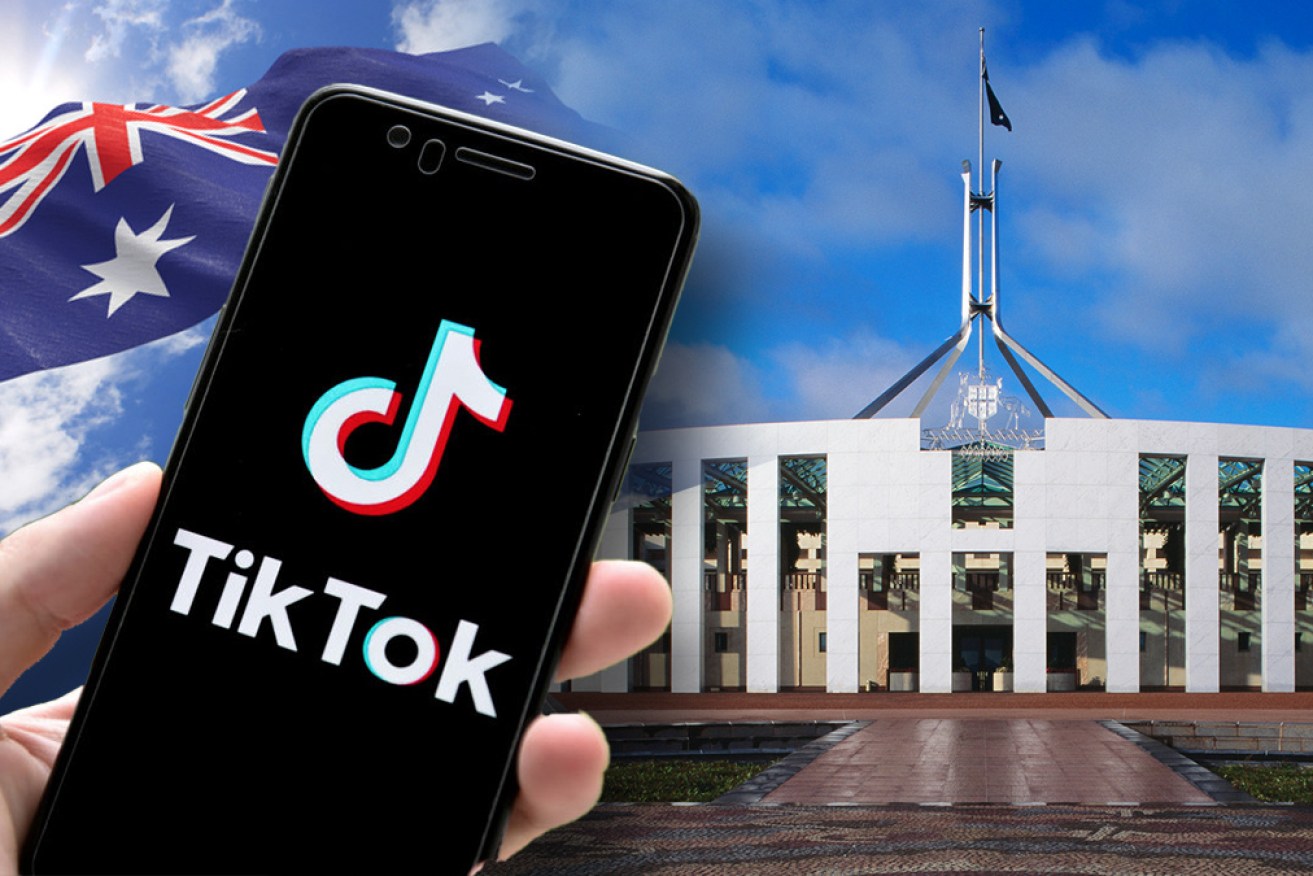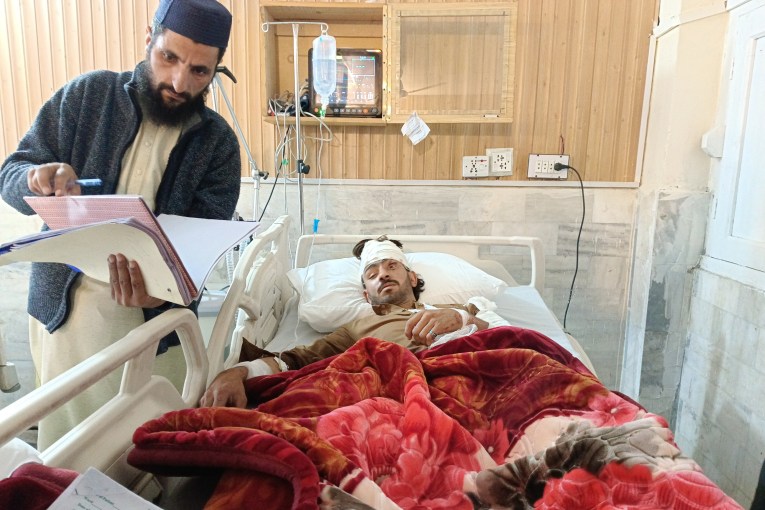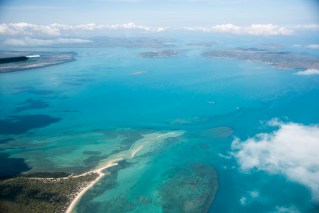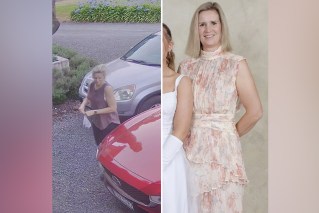TikTok says it won’t spy on Australians or block content on Chinese orders


TikTok was the subject of several security reviews. Photo: TND
TikTok has denied it would take instruction from the Chinese government to hand over Australians’ data or censor their content, as it prepares to front a federal Senate committee into foreign interference through social media.
“The entire industry has received scrutiny, and rightly so. Yet, we have received even more scrutiny due to the company’s origins,” TikTok’s Australian general manager Lee Hunter said in a submission to Parliament.
The wildly popular video app has come under intense scrutiny in Australia and the United States over claims of censorship and security.
Owned by Beijing-based company ByteDance, it counts some 1.6 million Australians among more than 800 million global users, but has faced questions over alleged data harvesting and links to the Chinese government.

Donald Trump wants to clamp down on TikTok. Photo: Dennis Van TIne / The Conversation
US President Donald Trump wants to all but ban the app, forcing its parent company to sell off its international operations for it to continue operating in America.
Federal Coalition politicians have also taken aim at the social media platform, with Jim Molan calling it “a data collection service disguised as social media”, and George Christensen saying it should be banned.
Mr Hunter and other senior TikTok employees are set to give evidence before the Senate’s Select Committee on Foreign Interference through Social Media on Friday.
Before the hearing, and after the company launched an advertising blitz claiming the company was being unfairly targeted, Mr Hunter complained that TikTok had copped more scrutiny than other social media apps because of its links to China.
“Whilst we don’t want TikTok to be a political football, we accept this scrutiny and embrace the challenge of giving peace of mind by providing even more transparency and accountability,” he wrote in a submission to the committee.
Mr Hunter said TikTok did not accept paid political advertising – unlike platforms like Facebook – and sought to distance the company from the Chinese government, claiming there had been “misinformation” spread about its dealings.
“The personal data we collect from Australian users is stored on servers located in the United States and Singapore. We have strict controls around security and data access,” he said.
“TikTok has never shared Australian user data with the Chinese government, nor censored Australian content at its request.”

TikTok has more than 800 million global users. Photo: Getty
Further, he claimed any request from China for Australian user data would have to be approved by the federal government, under the mutual legal assistance treaty (MLAT) process between the two countries.
“The Chinese government or law enforcement would need to send the evidence disclosure request through the relevant MLAT process,” Mr Hunter said.
“To date, we have not received any MLAT requests in respect of Australian user data, nor have we received requests to censor Australian content from, the Chinese government.”
In rebuffing claims about alleged data harvesting, Mr Hunter said TikTok was providing “qualified government personnel” access to the app’s source code, “for testing and evaluation”.
Mr Hunter said TikTok had recently introduced a third-party fact-checking program for Australia, as well as upgrading systems to allow users to report misinformation more easily, and working with Australian authorities on sector-wide codes of conduct.
“If the information is confirmed to be false or misleading, we take proactive steps to remove the content in line with our community guidelines,” he said.
“We welcome collaboration with Australian industry players and regulators. This includes working with the Australian Communications and Media Authority (ACMA) towards the development of a draft industry code of conduct on misinformation”.
The Senate committee’s chair, Labor senator Jenny McAllister, said national security and tech experts had raised concerns about TikTok.
“There have been credible reports that TikTok takes more data than its users would expect, and moderates content for reasons that its users may not be comfortable with,” she told The New Daily in July.

Labor senator Jenny McAllister
Mr Hunter said the app had been working on its global strategy to combat misinformation, including partnering with organisations like the World Health Organisation and Red Cross.
Specifically on the COVID pandemic, he said TikTok was focusing on removing medical misinformation, and what he called “conspiracy theories” about the virus.
“We limit the distribution of conspiratorial content that may allege that the COVID-19 was intentionally developed by a person, group or institution for nefarious purposes,” Mr Hunter wrote.
“We remove content that suggests a certain race, ethnicity, gender or any member of a protected group is more susceptible to have and/or spread coronavirus.”
In ending his submission, Mr Hunter noted that due to TikTok’s business dealings in the US, “that may result in a change to the TikTok business in Australia”.
“We would be happy to provide the Select Committee updates on such changes as and when appropriate,” he said.








